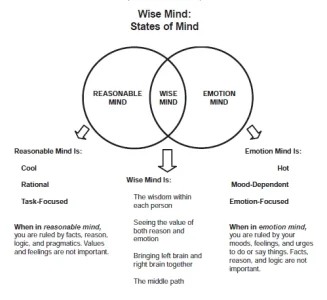Fantastic idea for a thread!
To me, Fe is like an anchor. On one hand it's stops me from sailing where I want/need to go, on the other hand it's what keeps me from drifting away when I want/need to stay put. I think it works in a similar way for the ENFP with aux Fi, so I'll add some notes on how my yin (or yang?) ENFP has explained his Fi for comparison. *Take those notes with a grain of salt, please*
I had to think of this flavor as a scale of sweetness, ranging from sweet to bittersweet, in order to not confuse myself.
 Sweet
Sweet: is "when the stars are in line"/the ocean is completely still, and there's no need for the anchor.
Me/Fe: this is the state where I can "freestyle" my expression of love and care. Everything is already in harmony, so I'm free to make people feel good, for the actual sake of making them feel good and appreciated. There's no concerns, no weighing of future consequences or a "greater good agenda".
Him/Fi: Has very much the same expression as my Fe. There's no inner conflicts with authenticity or values that's hindering him from expressing his love and appreciation freely - or from taking in the love and appreciation without checking wether it's true/authentic.
Bittersweet: is when the circumstances are in chaos/full storm, and the anchor is needed to help make the right decision, and you succeed.
Me/Fe: This is what I'm always
preparing for. This is where I must not fail. This is where I'm going to give it my all. This is where I'll go into the center of the storm to grab and hold the all the ropes so nothing drifts away, and hope I'm strong enough to not let go, even if I'm ripped apart.
Him/Fi: This is where he need to know that he is prepared to take care of himself. That he won't fail himself. That he is giving his all to look after himself. And hope he is strong enough to not sacrifice himself being the one holding it all together and being ripped apart.
In daylight, Fe looks like the "better" function under these circumstances, but that's not necessarily the case. Why are we both so determined to pass this "test"? Maybe it's because we both know we are likely to fail? I fear being selfish, he fear being selfless ... What does that say about us really?
Me/Fe: this is the Fe that's always there. The feeling is not personal, but more of an outside radar picking up indicators of harmony/disharmony. Those indicators are used in an inner process where I'm determining what's important
now for the sake of
future harmony.
The Fe "absorbing feelings"- thing, I kind of get, and I kind of don't. What I'm feeling depends on where my attention is directed, I think. If I'm tuned in on someone, I guess I feel the "theory" of what they are experiencing, without feeling much of the actual sensation that comes with? If I'm spaced out or focused on something else, I'm likely to be bothered when I sense other's negative emotions, and take on similar emotions. But that's not really absorbing as I see it, but my nervous system mimicking what I've interpreted or something. I guess that's why it feels like Fe "is always on", because the more I ignore it, the more it burns. When "bothered" long enough, I start holding the poor, innocent, suffering people responsible for it, like as if they were doing it on purpose

Him/Fi: Fi is always on as well. It's personal, and used to determine what
he needs to do, not so much
what needs to be done. His responsibility is to act accordingly to his values, no matter what. That might include taking action in all of the "salty nature examples", some of them or non of them. If he ignores his Fi, it will haunt him as a deep grudge against himself (sometimes projected). He is never present in the moment, and often has to "sleep on his feelings" to know what he is actually feeling about something. That's because conflicting values can occur at the same time: "a person should be patient" vs "a person should not take shit", both has to be
felt thoroughly before he can make up his mind (which often makes it hard to communicate boundaries as well).







